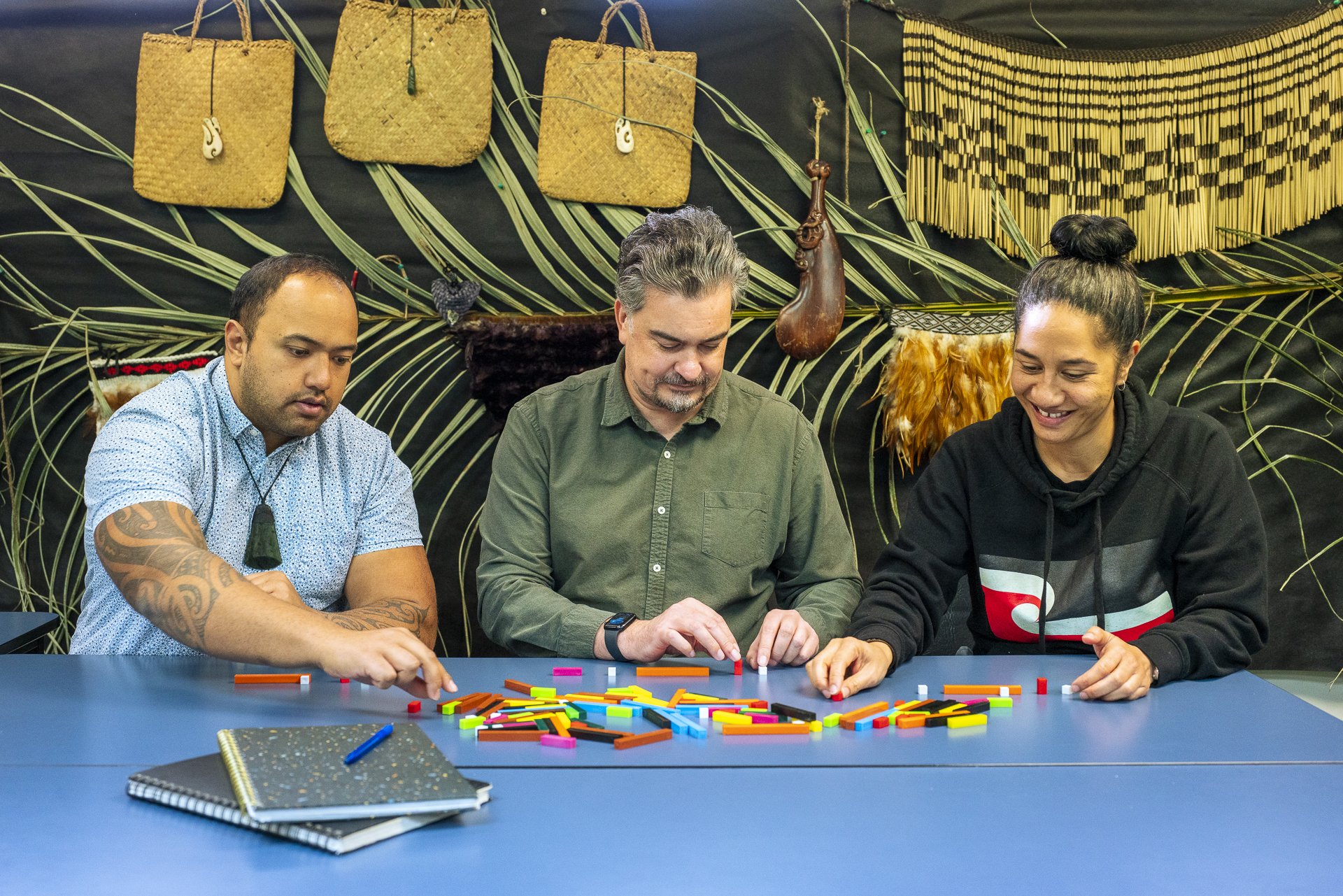Study and training if you need learning support, Te ako me te whakangungu ki te hiahia koe i te tautoko ako
Updated 10 Dec 2025
If you’re a student who is disabled, neurodivergent or needs extra learning support for any reason, there are plenty of options to help you succeed in your tertiary education goals. A wide range of support is usually available for your study or training and you can use this right through your programme or course.

Alternate formats for this pageNgā hōputu kē mō tēnei whārangi,
, New Zealand Sign Language video version of this pagePutanga ataata Te Reo Rotarota o Aotearoa o tēnei whārangi
View this page translated into sign language.
Duration — 4:14 mins
Plan the transition with your schoolWhakamaheretia te whakawhitinga i te taha o tō kura,
If you’re a school student with extra learning needs, by the time you turn 14 your school should be helping you to make a plan for when you transition into adult life.
Choose an education providerKōwhiria tētahi kaiwhakarato mātauranga,
If you want to do tertiary study or training, choose an education provider that understands and supports your learning needs.
Most providers employ staff to support students who have:
- sensory or physical impairments
- barriers to learning and participating in their studies
- mental health conditions
- medical conditions
- temporary injuries or impairments.
These support services might include:
- advice and strategies for your learning
- low-cost or free accessible software
- spaces for study and meetings
- help with accessing the campus and parking
- sign language interpreters
- note-taking assistants
- printed material reformatting
- tutorials
- loan of equipment for learning and presentations
- library, laboratory and field work assistants
- alternative examination and term test arrangements.
Once you enrol, contact the student support team about what you need so they can arrange your support from the day you start.
Work-based trainingTe whakangungu i te wāhi mahi,
Your learning support needs or impairment shouldn’t be a barrier to an apprenticeship, traineeship or other opportunity to learn on the job.
Many disabled and neurodivergent people work in the trades and throughout different industries. Aotearoa has Deaf people working as builders and truck drivers, dyslexic chefs and hairdressers, and disabled farmers using motorised, all-terrain bikes.
If you’re concerned about possible barriers to your apprenticeship or industry training, discuss them with your training provider and employer. The more they know about you, the more they can support you.